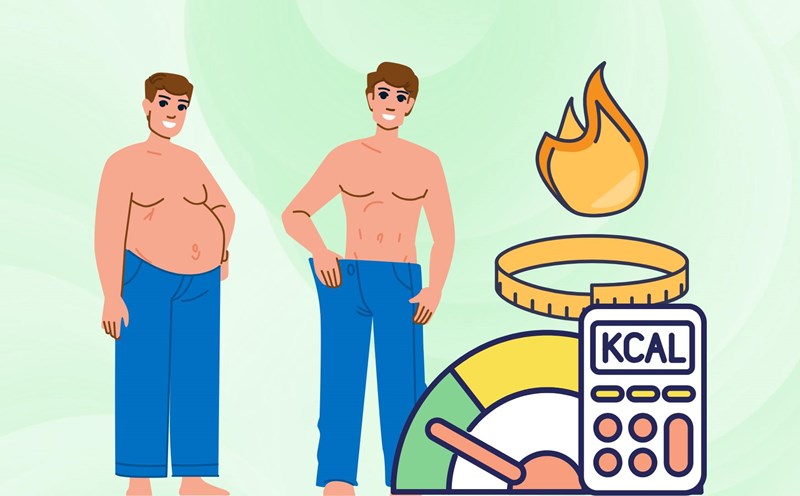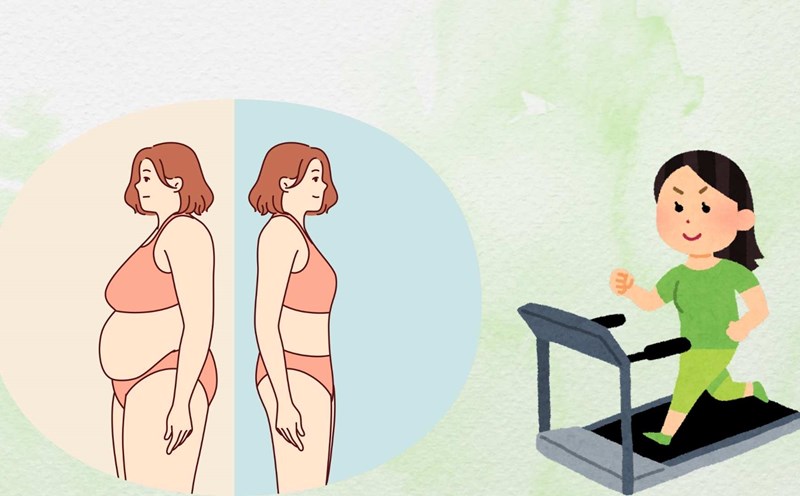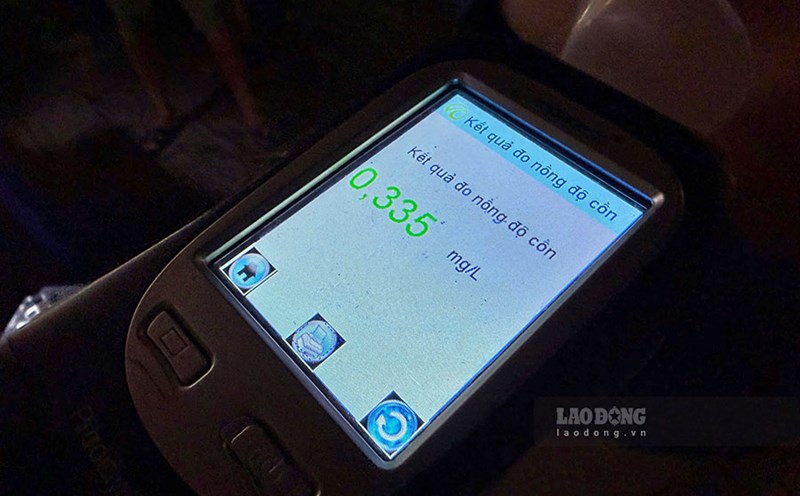For many years, the trend of doing cardio on an empty stomach, that is, doing it in the morning before meals, has continuously appeared on social networks.
Proponents say this is the most effective way to reduce body fat, while opposers warn that this can be counterproductive, according to IndianExpress.
In this regard, studies show that practicing cardio on an empty stomach helps the body burn more fat during exercise. This process is called "fat oxidation".
This leads to the conclusion that exercising on an empty stomach can bring about positive changes in body composition, such as reducing fat while maintaining or increasing muscle mass.
However, a systematic review in 2017 shows that this effect does not translate into long-term fat loss.
The body tends to compensate for energy, causing the total calorie consumed throughout the day to not change significantly.
Regarding exercise performance, eating before exercise can help improve the ability to work for more than 60 minutes, but the impact on short-term exercises is limited.
Meanwhile, professional athletes hardly practice on an empty stomach, while non-professionals often do this.
Regarding strength training, current research is still limited but has not seen a clear difference in muscle gain, strength or endurance between fasting exercise and post-meal exercise.
Although exercising on an empty stomach does not bring outstanding benefits in terms of weight loss or performance, it is not harmful in many cases.
The potential disadvantage is hunger, which leads to unhealthy food choices, or sometimes headaches and nausea.
On the contrary, some people feel full of energy and comfortable exercising without having breakfast.
Another important point is that eating a breakfast rich in protein and carbohydrates can help improve body composition and support weight loss, but this is related to the diet of the day, not directly dependent on the time of exercise.
In other words, there is no evidence to prove that exercising on an empty stomach is more effective than exercising after meals.
Therefore, regular exercise is more important than eating before or after exercise.
If skipping breakfast gives you time to jog or exercise, you can do it.
If you feel uncomfortable exercising on an empty stomach, eat a snack first. In both cases, the goal of losing weight and improving health is still maintained.
The most important thing is to maintain an exercise routine, not the time of day, the correct exercises or whether you have eaten or not.











